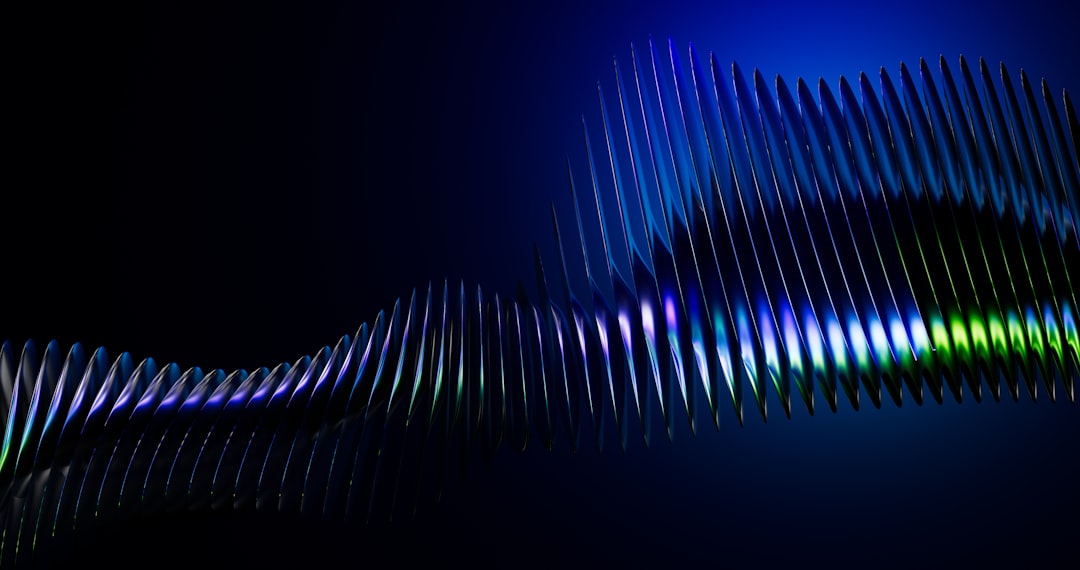With the rise of AI-driven music tools like Riffusion, many users are starting to explore the boundaries of creativity and copyright. A common question that arises is: Can my music sound exactly like someone else’s in Riffusion? This article aims to explore this concern in a serious and informed manner, addressing both technical and legal aspects of music generation with AI.
Understanding How Riffusion Works
Riffusion is a music generation tool that uses machine learning—more specifically, a diffusion model—to create audio compositions. Instead of recording audio in the traditional sense, Riffusion generates so-called “spectrograms” and translates those into sound. Because of how it’s built, it doesn’t “copy” songs in the way a cover artist or sampler might. Instead, it generates new results based on patterns it’s been trained on.

This raises a key distinction: while Riffusion is designed to create original music, it is still influenced by the training data used to develop the underlying models. However, it does not directly reuse or sample specific existing tracks unless the user inputs something that references those works explicitly.
Can Riffusion Replicate a Song Exactly?
Technically speaking, it is extremely unlikely that Riffusion would generate music that sounds exactly like an existing song. Here’s why:
- Randomization: The AI introduces random elements during the generation process, meaning no two outputs are exactly the same, even with similar prompts.
- Lack of Direct Sampling: Unlike sampling-based tools, Riffusion doesn’t piece together parts of real songs—it generates new ones from a model, lowering the chances of an exact match.
- Prompt Specificity: The music’s final sound heavily depends on the user’s prompt. To sound like an existing song, a user would have to deliberately replicate that structure via careful inputs.
Despite all this, it is theoretically possible for Riffusion to produce music that is highly similar to a specific song, particularly if:
- The input prompt directly names or references known pieces extensively.
- The user intentionally tunes the output toward a known structure, melody, or instrumentation.
This leads us to a more serious matter—one tied to legality and ethics.
What About Copyright Infringement?
Music copyright law protects not just the lyrics or recordings of a song, but also the melody, harmony, rhythm, and structure to some extent. If Riffusion produces a track that is substantially similar to an existing copyrighted work, it could run afoul of copyright protections—even if the process was AI-generated.
It’s important to understand that intent doesn’t eliminate liability. Even if you didn’t mean to copy a song exactly, a closely similar result can still pose legal problems. For example:
- Publishing AI-generated music that closely resembles a major artist’s track under your own name.
- Monetizing music that mimics another artist’s composition or recognizable elements.
- Using prompts to intentionally clone a famous song with minor modifications.
In these cases, even though Riffusion’s technology doesn’t *knowingly* copy, the responsibility for infringement lies with the user who directed the AI toward such an output.

Things to Consider When Using Riffusion
To stay compliant and creative while using Riffusion, consider these best practices:
- Avoid Using Artist Names: Refrain from entering prompts that explicitly call for a replication of an artist’s name, song, or stylistic elements tied to copyrighted catalogues.
- Use Abstract Descriptions: Prompts like “jazzy afternoon melody with soft piano and lo-fi drums” are less likely to lead to problematic matches than naming a specific artist or song.
- Do a Similarity Check: Before uploading or distributing your AI-generated tracks, listen critically or use software to detect whether it may too closely resemble existing works.
- Seek Legal Advice If Unsure: If you’re planning to publish or commercialize AI-created music, it’s wise to consult an intellectual property attorney to assess risks.
The Bottom Line
In short, while Riffusion is unlikely to reproduce another song exactly, the closeness of resemblance depends on how the tool is used. The technology behind Riffusion encourages innovation, but not imitation—especially not of protected works. Artists, hobbyists, and developers alike should use AI music tools responsibly and within ethical boundaries.
By staying informed and creative, you can use Riffusion to explore new musical landscapes without compromising originality—or legality.


